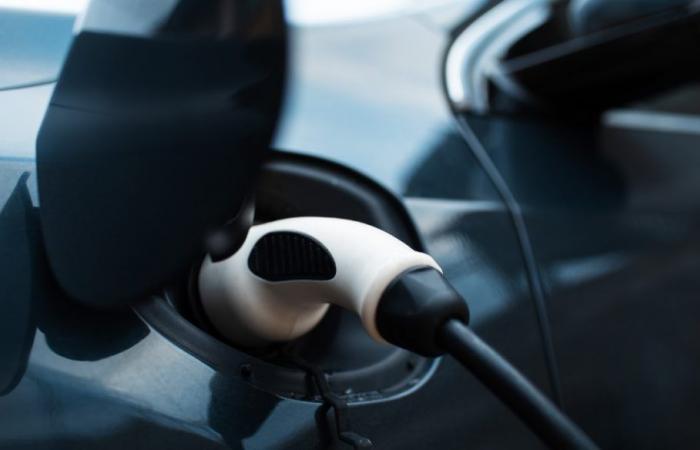If it could do so, about a third of drivers who bought aelectric car it would go back to thermal. In a new report edited by McKinsey, reported by AutomotiveNews, the difficulties that still plague BEVs are coming to light. Although the global political class is trying to promote the ecological transition, limits remain, inherent in the technical characteristics of BEVs themselves. The numbers collected confirm that the market is not yet ready to embrace change. While hybrids are a top-notch reality, leaders in many territories, including Italy, zero-emission cars show flaws.
The repentance of motorists
Going into detail, 29% of electric car buyers said that, if they had the opportunity, would resume a thermal model. Interviews were conducted globally with 30,000 consumers (BEV owners and non-BEV owners), in 15 of the most significant countries, representing 80% of overall sales. It especially affects the climate of hostility experienced in the United States, where 46% of full electric owners would like to return to traditional technologies. It is no coincidence that Donald Trump’s vitriolic statements had already caused a stir overseas. The former president, once again running against Joe Biden, had spoken of wanting to prevent its sale in the USA, should he return to the White House.
The advantage of Chinese companies
Chinese companies continue to have the ball in the game, capable of beating Western ones to the punch, having intercepted the potential of green vehicles in advance. Towards the end of the early 2000s, when a real BEV market did not yet exist, Beijing decided to invest considerable capital in it. And the bet can be considered won, to the point that in the United States both Biden and Trump have spoken of measures aimed at countering the eastern advance. The European Union has already thought of this, with the increase in duties in recent days, immediately capable of angering the Dragon Republic. Which threatened to take measures and perhaps will implement them, enough to make Germany and beyond tremble. The fear is of witnessing heavy retaliations, detrimental to the national economy, given the close relations between Berlin and Beijing.
As for Italy, the 2024 ecobonuses on full electric cars have been snapped up, unlike the recent past. Once the price limits were temporarily lifted, too high compared to the families’ actual spending resources, something began to move. In absolute terms, however, BEVs currently constitute a minimal part of the fleet in circulation, in which the hybrid commands, followed closely by the petrol. The Government itself defends petrol and diesel engines, including Giorgia Meloni, according to whom saying goodbye to them would be “ideological madness”. It will be easy for critics to find themselves in the gaps in the system that emerged from the McKinsey report. Specifically, just 9% consider them sufficient public charging infrastructure present, while 21% reject the idea of converting to battery-powered cars. Third place cites the issue of autonomy as a reason: compared to 2022, minimum expectations have grown on average from 435.5 to almost 469.






